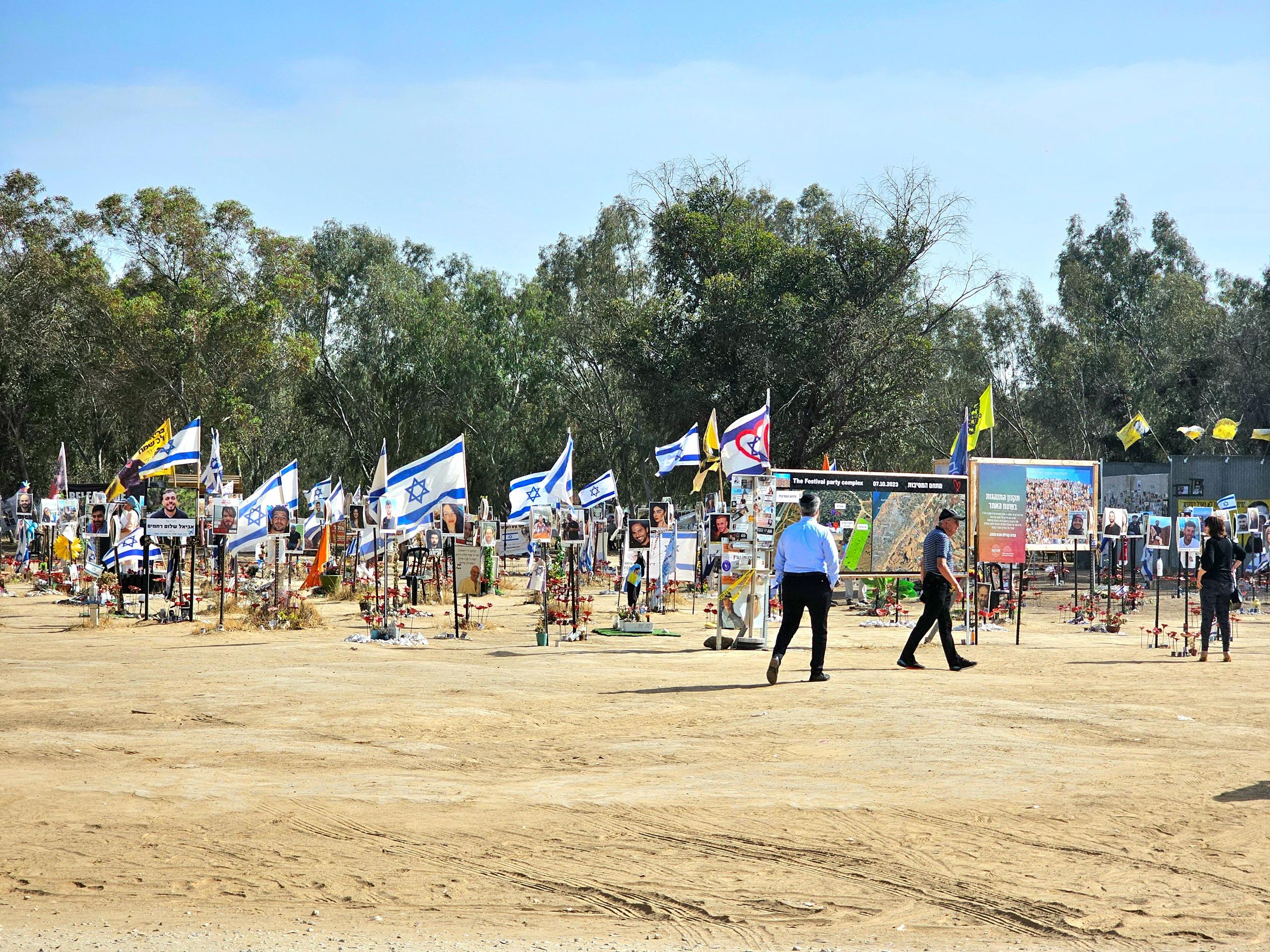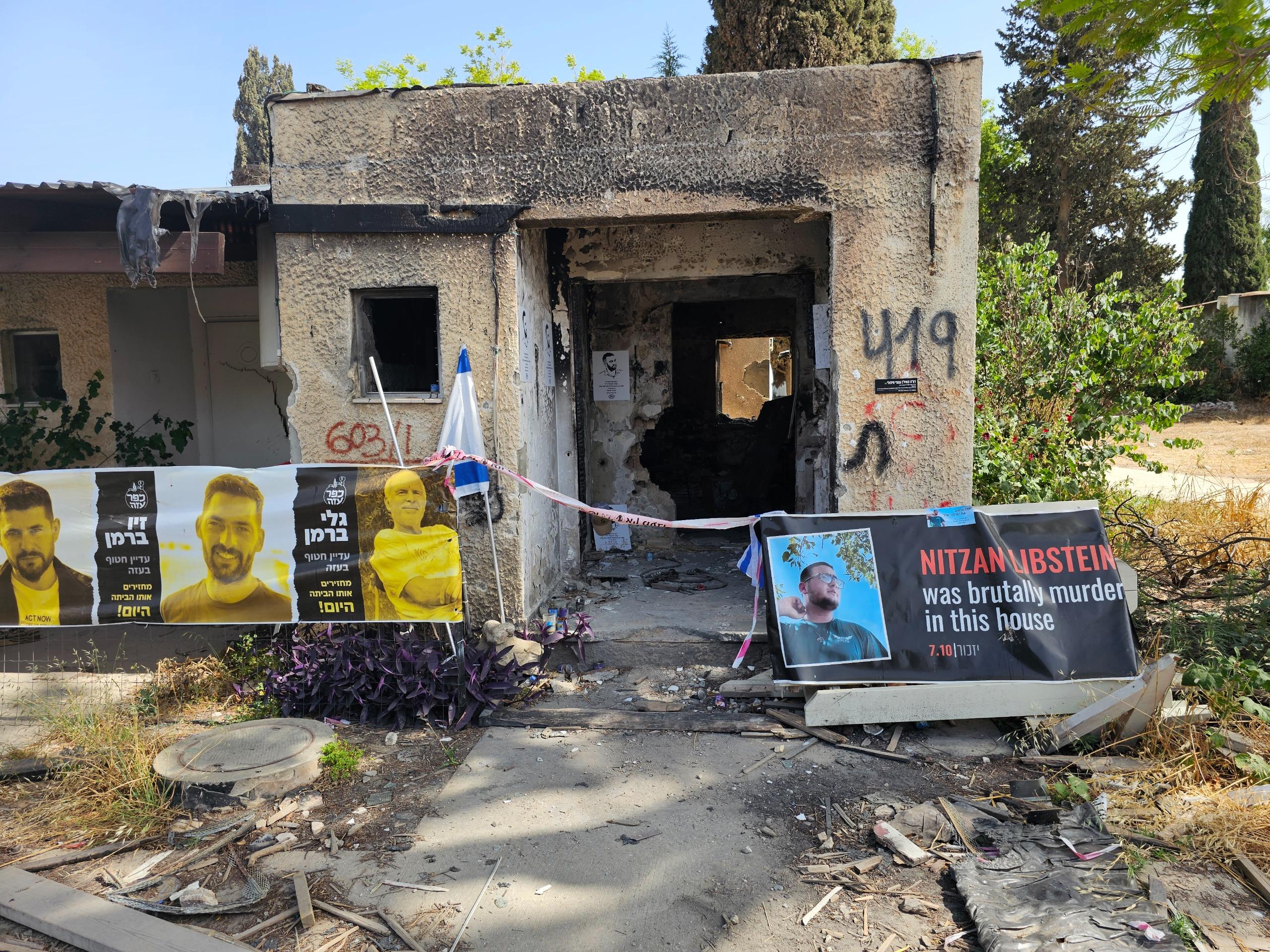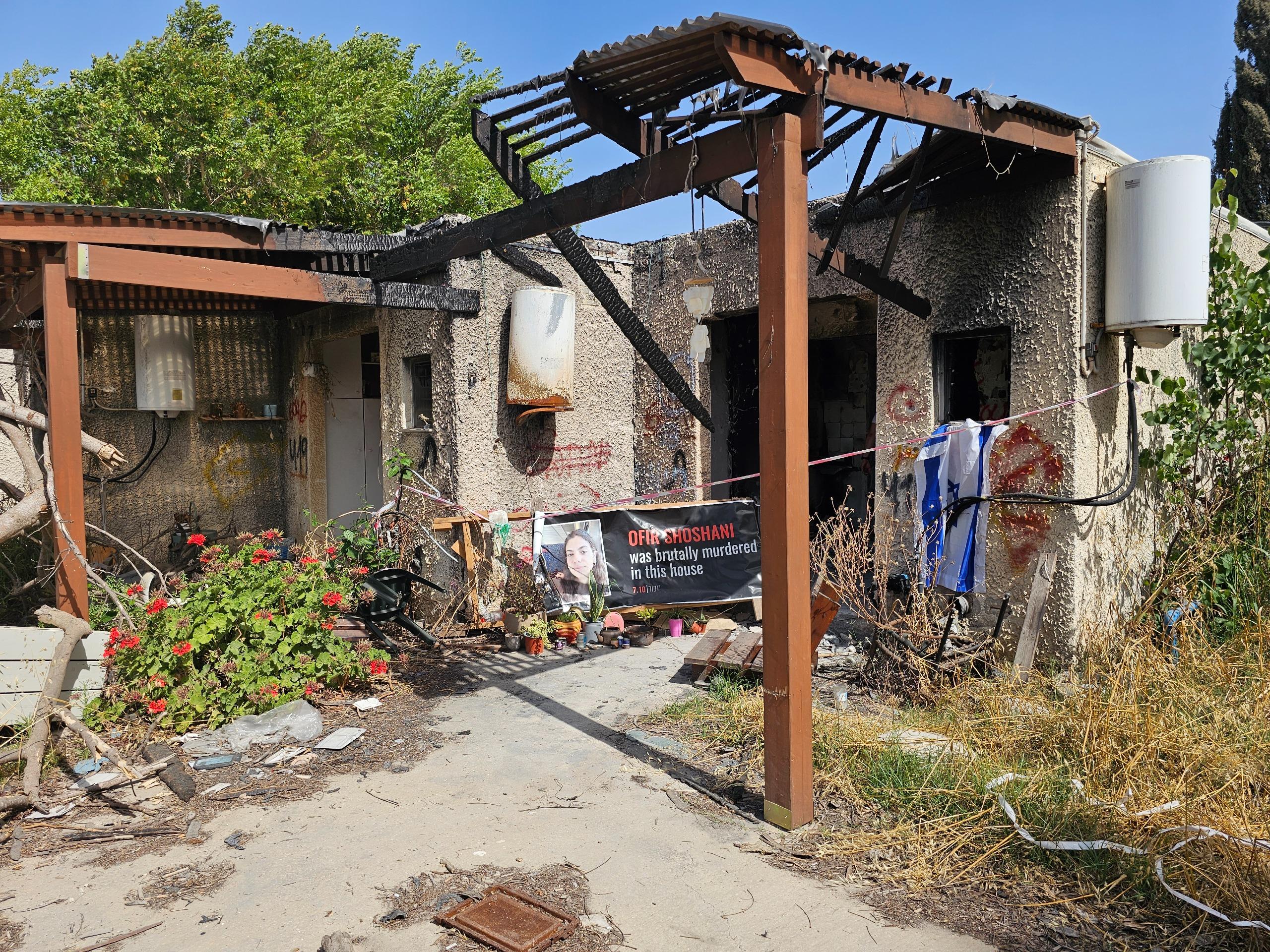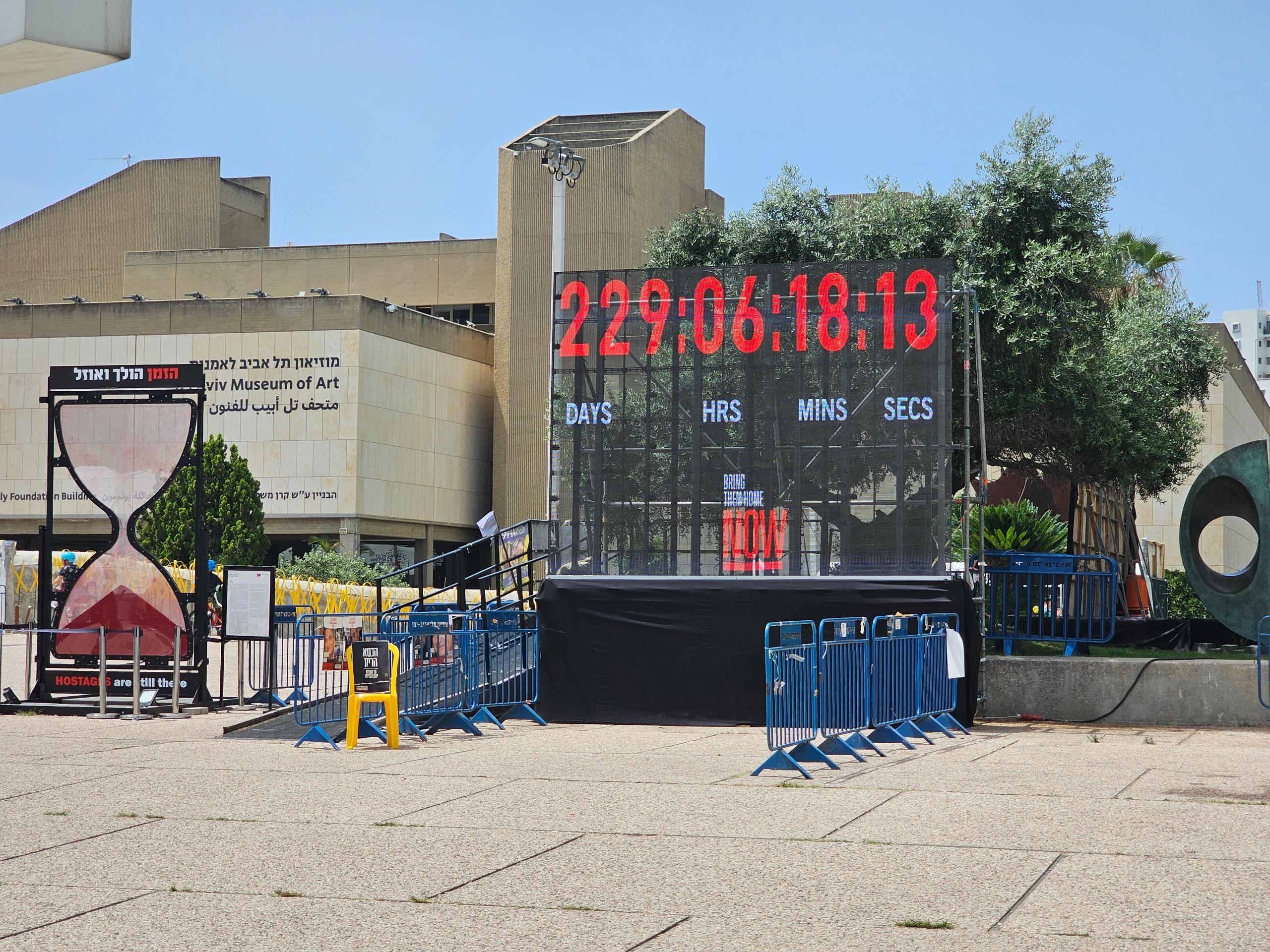Israel – Hamas war and conflict realities Fog of the war
On May 27, Israeli Air Forces conducted missile strikes in Gaza’s southern Rafah city within the ongoing military operation against Hamas. The missile strikes came two days after the International Court of Justice ordered Israel to end its military offensive in Rafah, where more than half of Gaza’s 2.3 million population had sought shelter. Israel's Rafah operation became a crucial part of its broader campaign against the Hamas militant organization since its brutal attacks on October 7.

However, the civilian casualties on the Palestinian side of Gaza mounted international pressure on Israel, with the United Nations demanding Tel Aviv stop the operation to avoid further civilian casualties. Nevertheless, due to its existing national security concerns, October attacks kidnapped hostages, looted border villages, and received missile threats from the Gaza Strip; the Israeli government refused to make concessions, instead tightening its grip on Hamas and its armed groups.
About 900,000 people have fled Rafah, previously the shelter of last resort for 85% of the Gaza Strip's 2.3 million population, since the Israeli ground operation in the area began on May 6. The Israeli attack followed Hamas’s first rocket attack on the Israeli city of Tel Aviv in December. Reportedly, around eight Hamas rockets were launched from the Rafah area, where its forces have continued a ground assault despite an order from the International Court of Justice (ICJ) to halt operations there.

The attacks on Israeli villages, such as Be'eri and Kfar Aza, on October 7 were unprecedented in terms of the level of brutality, as many of the residents were killed and taken as hostages while houses were burned to the ground. According to the media reports, in Kfar Azar, just 3 kilometers from the Gaza wall, civilian bodies were found with their hands tied behind, and four hostages were abducted from the small kibbutz. On the same day, the Israeli Unit 71 moved towards the Kfar Aza to retake the area and fought Palestinian militants from the National Resistance Brigades.

During the attack on Be’eri, militants from Gaza entered houses to find more civilians hiding in bomb shelters, which appeared to be useless against armed militants. Hamas militants went around the neighborhoods, shooting and throwing grenades, massacring the occupants of each house, and setting some on fire with Molotov cocktails. Many residents tried to hide in safe rooms, but the militants blew up the safe room doors and killed those inside. During the Be’eri attack, Hamas took up to 50 people hostage and kidnapped others, taking them to the Gaza Strip.

Although the attack on October 7 on small villages near the Gaza Strip had a shocking effect on Israeli society, its impact became far more shocking as more than 50 Israeli civilians and dead bodies remain in the hands of Hamas without proper information of their whereabouts. Since then, hostages became the main part of Israel-Hamas negotiations as Hamas demanded the release of dozens of Palestinian prisoners in exchange for Israeli prisons.
On November 22, 2023, Israel and Hamas agreed to the release of 150 Palestinian prisoners and a four-day ceasefire in exchange for Hamas's release of approximately 50 of the hostages. Moreover, on November 30, 2023, the last day of the truce, 105 civilian hostages were released, which included 81 people from Israel, 23 Thais, and one Filipino. As of today, the Israeli authorities believe there are more than 80 civilian hostages, including foreign nationals being held in Gaza by Hamas.

Indeed, the stalled negotiations between Israel and Hamas over hostage release quickly became a burden for the ruling government as the pressure from the family members of abducted individuals and civil society increased significantly within a few months, demanding more concrete steps to bring all hostages back. In this vein, the #BringThemHomeNow hashtag went viral with photos and banners of hostages hanged in all major Israeli cities and settlements. Moreover, friends, family members, and relatives of hostages, including random volunteers, established a non-governmental organization to deal with the hostage crisis, collect necessary information data regarding hostages to facilitate the process and share individual stories of those who were kidnapped or murdered on October 7.
Despite petitions of family members and international condemnation, Hamas refuses to provide a communication channel between hostages and their relatives, while international rescue organizations are banned from visiting hostages in order to keep their location a secret as additional leverage in negotiations with Israel. In an attempt to capitalize on family members' grievances, Hamas seeks to get concessions from Israel in order to prevent further assassination of its leaders across the Middle East by Israeli security forces.

On May 22, some hostage family members released new video footage from October 7 starring several young Israeli girls being severely beaten and imprisoned in Nahal Oz and attempting to plead Hamas militants, though unsuccessfully. The footage was taken by assailants who stormed the Nahal Oz military base, part of the militant group's broader assault on southern Israel. Considering the critical situation around the hostages and the ongoing military operation in Rafah, Israeli intelligence bodies are engaged in talks with Hamas, Egypt, Qatar, the European Union, the United States, and other Gulf states to foster the hostage's rescue. Within Israel, the families of hostages continue to pressure the politically embattled Netanyahu government to come to a diplomatic agreement with Hamas to bring their loved ones home.
Despite the war realities, political disputes within, international pressure, and never-ending security threats, Israel is willing to maintain the upper hand in its battle against Hamas and other pro-Iranian proxy groups. However, it is likely that international condemnation will grow further on Israel due to its current operation in Rafah, which comes at a cost. In the meantime, the Israeli authorities made it clear that no one will be left behind, and the operation will continue until Hamas is thoroughly defeated and erased from the Gaza Strip.








